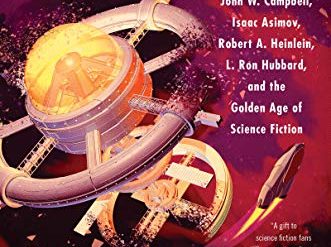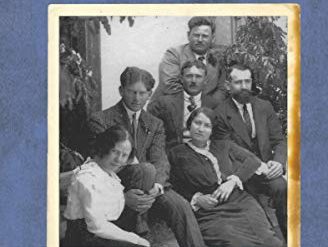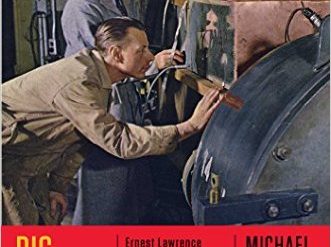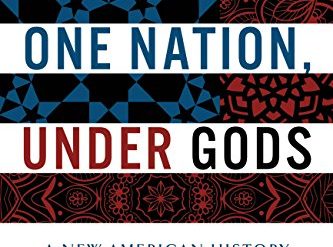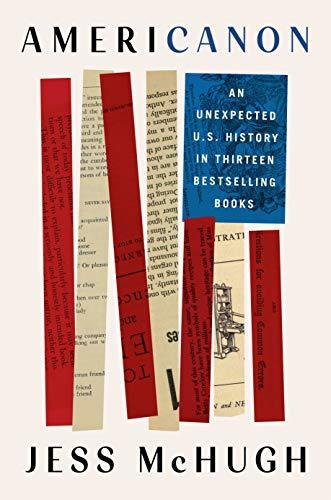
You’re certain to have come across at least one of the thirteen books highlighted in Americanon. In fact, you may well have read several of them, and few if any will be unfamiliar. From The Old Farmer’s Almanac (1792) and Webster’s Dictionary (1828) to How to Win Friends and Influence People (1936) and The 7 Habits of Highly Effective People (1989), McHugh has selected “nonfiction how-to books that have consistently sold the most and influenced the greatest number of people throughout history.” In short, these bestsellers helped define American values.
Defining American values
An academic scholar of cultural history might approach this subject from a different perspective. Noting the context. Summarizing the substance. And assessing the impact of these books. Author Jess McHugh covers all that territory but goes further than academics are wont to go. She reveals the subtext as well. “These how-to books taught people certain skills,” she writes, “all while delivering messages about American beliefs, encoding everything from individualism and self-reliance to meritocracy and personal freedom.” She credits the authors with seminal roles in defining American values and shaping the American character. “Noah Webster and Dale Carnegie wrote our national story just as Benjamin Franklin and Thomas Jefferson did.”
Americanon: An Unexpected U.S. History in Thirteen Bestselling Books by Jess McHugh (2021) 432 pages ★★★★★
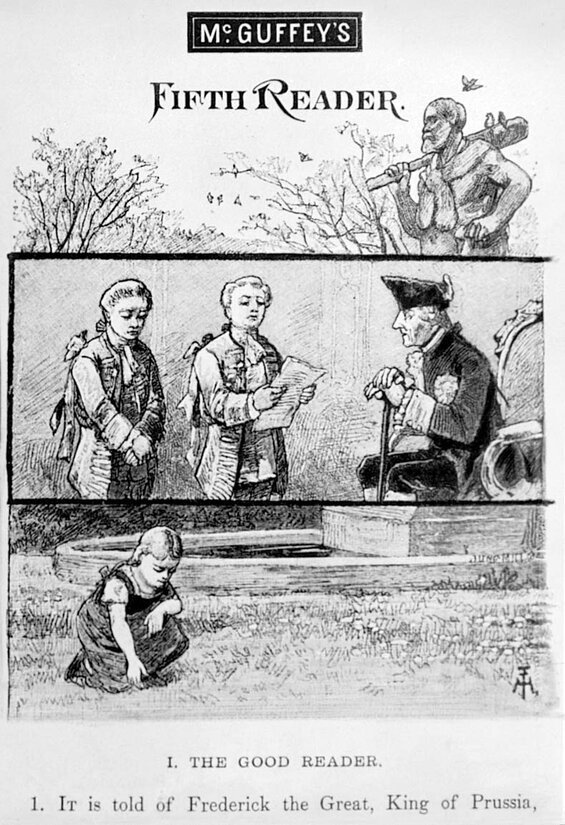
White, Protestant, and middle-class
For many of the authors McHugh profiles, “writing our national story” was a conscious effort. That was certainly the case for Noah Webster (1758-1843). “Webster longed to codify national identity, to create a single, galvanizing definition of ‘American.’ . . . In writing a dictionary that many Americans now refer to as simply the dictionary, he hoped to give them a blueprint for a shared culture.” These thirteen books, McHugh writes, “were dictionaries, school primers, cookbooks, how-to-guides, and self-help manuals—spanning the full range of our 245-year history—many of which sold tens of millions of copies, setting out specific archetypes for the ideal American, from the self-made entrepreneur to the devoted homemaker or the humble farmer.” Taken together, these archetypes define American values.
Intentionally or not, this was no less true of latter-day authors such as Dale Carnegie (1888-1955), Louise Hay (1926-2017), Stephen Covey (1932-2012), and David Reuben (1933-), as it was of Noah Webster. “Their stories—which have become ‘our’ stories—are a reflection of the idiosyncratic, sometimes visionary, and always flawed people who wrote them.” And McHugh portrays the often fascinating lives of the people behind those stories in telling detail.
Mythical retellings of the American story
Most of the books profiled in McHugh’s account are grounded in a conception of the ideal American as white, Protestant, middle-class, US-born, and male. She is critical of this archetype. She concludes, “The darkest chapters of our history show up only as subtext in the books featured in these chapters precisely because their violence is incompatible with the story that the United States is telling about itself . . . [T]hese books are not straightforward accounts of the United States but rather constant, mythical retellings, told and retold to the point of feeling like truth.” Again and again, she brings a contemporary sensibility about our country’s history into her account. Hers is a tale that recognizes the central role of slavery, the genocide of Native Americans, and institutionalized poverty that run throughout America’s national story.
About the author

Jess McHugh describes herself on her website as “a writer, editor, and researcher who has reported from North and South America, Europe, the Caribbean, and West Africa covering culture, politics, history, and identity.” A former staff reporter at Time Inc. and International Business Times, McHugh has been widely published in magazines and literary journals. She is bilingual in French and divides her time between New York City and Paris. Americanon is her first book.
For related reading
This title is featured on Good books about dictionaries, libraries, and language.
Check out Top 20 popular books for understanding American history.
You might also be interested in a study of another book that played such an influential role in shaping our perspective on life: The Swerve: How the World Became Modern by Stephen Greenblatt (An historian explains how we came to think the way we do).
If you want to know more about Webster’s dictionary, see:
- The Story of Ain’t: America, Its Language, and the Most Controversial Dictionary Ever Published by David Skinner (The famous dictionary that threw out the rules of grammar)
- Word by Word: The Secret Life of Dictionaries by Kory Stamper (A very funny book about words, grammar, and dictionaries)
- You might also enjoy a novel set at a dictionary publisher, The Broken Teaglass by Emily Arsenault (A refreshingly offbeat novel)
And you can always find my most popular reviews, and the most recent ones, on the Home Page.

